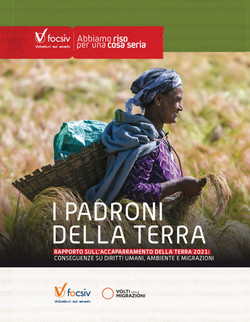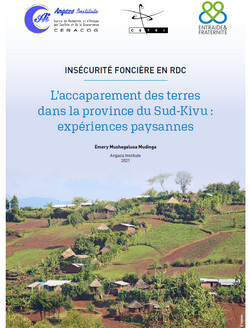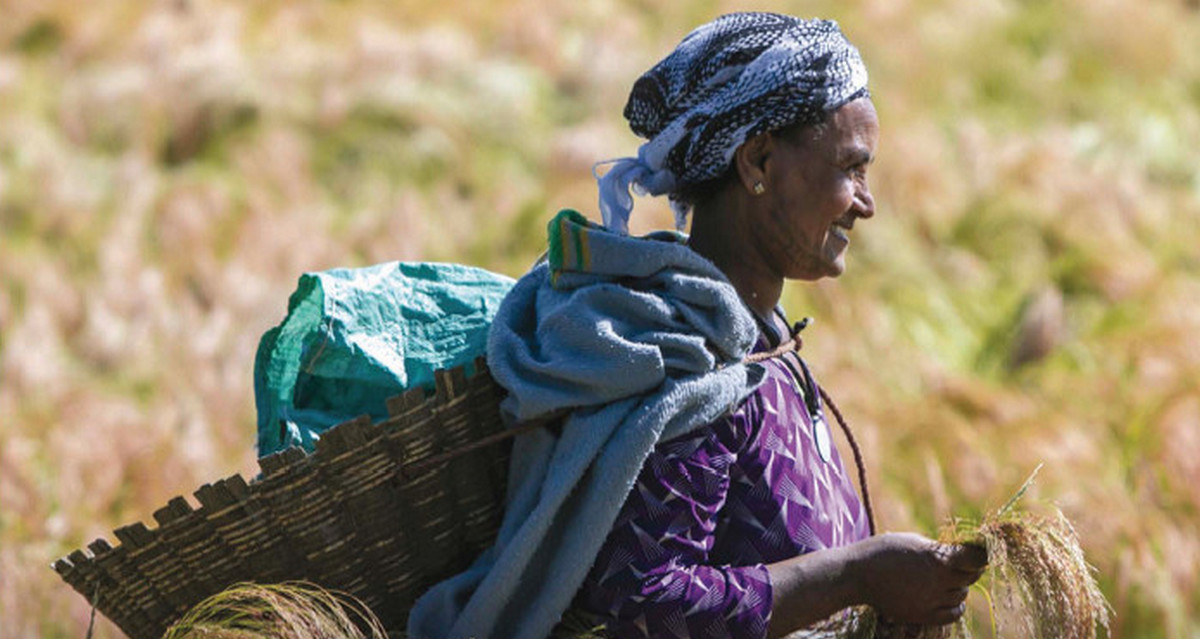Along other CIDSE members, FOCSIV (Italy) and Entraide et Fraternité (Belgium) are actively engaged in the fight against land grabbing and are denouncing this phenomenon which has continued with the same intensity, if not greater over the past years, exceeding 93 million hectares of land taken away from local communities in 2020. They recently released the following publications:

“I padrone della terra – Rapporto sull’accaparramento della Terra 2021: conseguenze su diritti umani, ambiente e migrazioni” ( IT only)
(The Masters of the Earth – Land Grabbing Report 2021: consequences for human rights, environment and migration)
Four years after the publication of the first “Masters of the Earth” report, this new report highlights the interconnection of land grabbing with the crises generated by the extractivist model, from climate change to migration and displacement, from inequalities in land ownership to indiscriminate exploitation and pollution of nature, from the race for rare earths essential for technological innovation, such as cobalt for electric car batteries, to gender discrimination and exploitation of child labor.
As described in the report, land grabbing and growing inequalities affect the most vulnerable and fragile communities, and weigh even more heavily on women, girls and children, crushed by patriarchal societies and centuries-old traditions of discrimination. The report also highlights the stories of resistance of indigenous peoples defending their land and their rights: qomen and men who demonstrate that international cooperation is a necessity for a radical change of the global system, towards a fairer, more just and more sustainable society.

“Insécurité foncière en RDC – L’accaparement des terres dans la province du Sud-Kivu : expériences paysannes” (FR only) (Land insecurity in DRC – Land grabbing in South Kivu province: farmers’ experiences)
This paper is the third of a series dedicated to access to land, a central theme for Entraide et Fraternité. The first two publications were dedicated to land insecurity in Madagascar (2018) and the Philippines (2019). The most recent study, which focusses on Congo-DRC, is also part of a cross-cutting reflection on the “decolonization of knowledge” initiated by a group of researchers from the Angaza Institute in Bukavu, in partnership with the Catholic University of Louvain.
The study highlights that land grabbing is not only an obstacle to peasant food security but also the cause of other problems: peasants are being marginalised and exploited by local elites, powerful actors (including the local church) and sometimes other peasants.
Three concrete cases are examined and accompanied by a series of recommendations:
– Deliberate annexation of all or part of peasants’ land (Mumosho);
– Expropriation in the name of public interest (Kahuzi-Biega National Park);
– Ambiguous and degrading conditions of access to land within land concessions held by private owners or the local Church.

